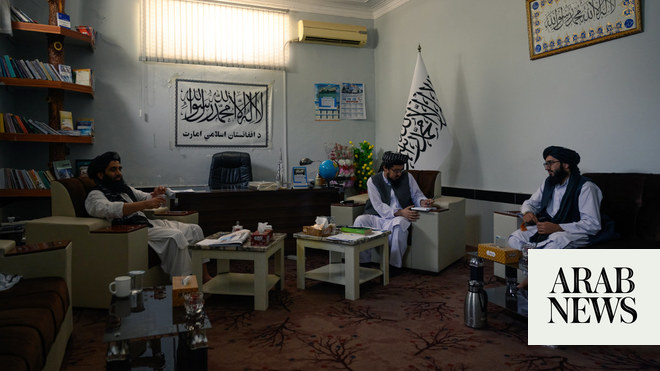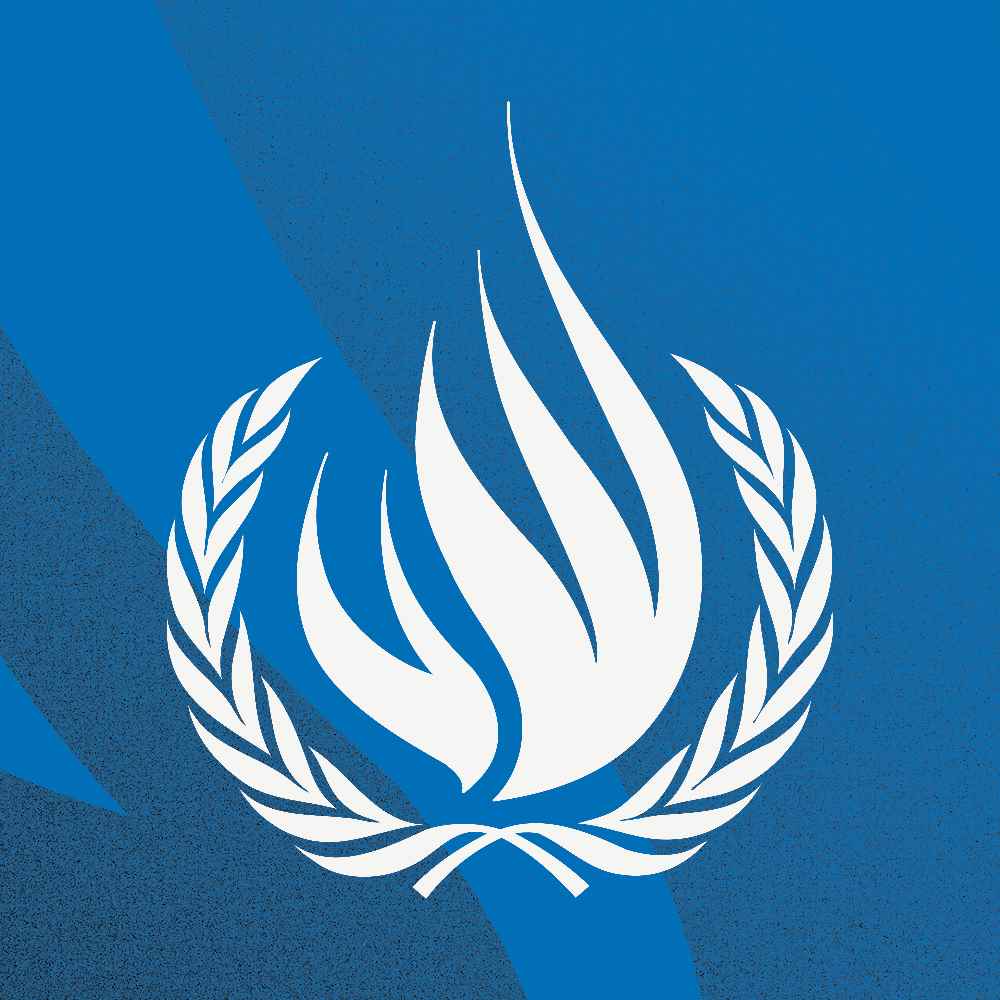
Some speakers at an event in Washington argued that the Taliban’s actions toward women and girls show they are irredeemable and there must be no engagement
Others said the US government should establish ties to further its own counterterrorism goals, while also working to persuade the Taliban to change their ways
WASHINGTON: A strategy of engagement with the Taliban government in Afghanistan would help the US government achieve its goals of combating terrorism and improving the lives of Afghan women and girls, according to some American experts.
Others argue that Washington must refuse to deal with the Taliban because their ideology and actions since regaining power in August 2021 prove that they are irredeemable.
These opposing views were expressed on Tuesday during a panel discussion, organized by the Washington-based Middle East Institute, about US policy on the Taliban.
US forces invaded Afghanistan in October, 2001, in the wake of Sept. 11. Their aim was to topple the Taliban regime, which had been in power since 1996, after they refused to hand over members of terrorist group Al-Qaeda who had been identified as being involved in the attacks on New York and Washington.
In August 2021, the last remaining US forces in the country hastily withdrew from Kabul and other parts of Afghanistan, after which the Taliban swiftly regained control of the country.
Lisa Curtis, a senior fellow and director of the Indo-Pacific Security Program at the Center for a New American Security, argued that the US government should not engage with the Taliban because of the group’s treatment of women and girls, including heavy restrictions on their right to education.
Violence and abuse targeting women and girls has increased under Taliban rule, she said, resulting in an increase in suicides among women in the country.
Curtis described attempts by US President Joe Biden’s administration to engage with the Taliban on issues related to terrorism as “a mistake,” and said that just because the group is currently fighting militants affiliated with the terrorist group Daesh, the US should not consider them suitable counterterrorism partners.
“Instead, the US should be focusing on helping the women of Afghanistan,” she added.
Douglas London, a former CIA case officer and a non-resident scholar at the Middle East Institute, said he understood Curtis’s position but nevertheless believes the US should engage with the Taliban to achieve its own objectives in the fight against terrorism, and to influence and change the way in which the Taliban govern the country.
While the Taliban are not a homogenous group, none of them can be described as progressive, he admitted, but some might have different interests and ideas. He said he would like to see the return of an official US presence in Afghanistan but conceded this might not be feasible at present.
There is already cooperation between the CIA, and other elements within the US government, and the Taliban, London said, though it is not clear whether it takes place inside Afghanistan or in a third-party country.
Ronald E. Neumann, president of the American Academy of Diplomacy and a former US ambassador to Afghanistan, said Washington has no strategy on Afghanistan or for dealing with the Taliban. He argued that although the US government has taken some decisions regarding Afghanistan since its forces withdrew from the country, they did not constitute a clear policy, much less a strategy.
Neumann supported the idea that the US should engage with the Taliban because the lack of any ties hampers Washington’s ability to communicate its position or apply pressure when required. An American presence in Kabul would also help advance US policies, he said.
America also has a moral responsibility to help the people of Afghanistan, especially in economic terms, Neumann suggested. About $500 million of private funds belonging to Afghan citizens is currently frozen in US banks as a result of sanctions imposed on the Taliban, he said, but it is money that was deposited by private Afghan banks and has nothing to do with the regime.
“The US has no moral right to keep that money,” he said. “Giving it back it will be a shot in the arm to the Afghan economy.”
Javid Ahmad, a non-resident scholar at the Middle East Institute and a former Afghan ambassador to the UAE, described the Taliban as an oppressive and irredeemable group. He echoed the belief that there is already some degree of cooperation between Washington and Kabul, and said he senses a lack of desire in the US and Europe to attempt to destabilize the regime because there is no desirable alternative.
Ahmad painted a bleak picture of the current political and social atmosphere in Afghanistan, saying the space and tolerance for debate has shrunk and society has become increasingly polarized since the Taliban returned to power.
“The past has not become history for us, it is our present now,” he said.










